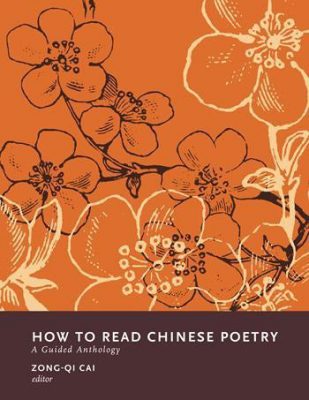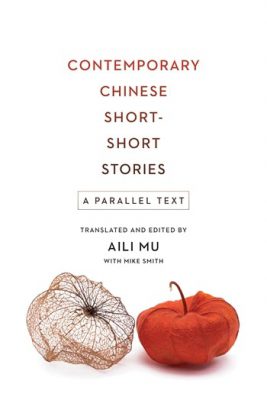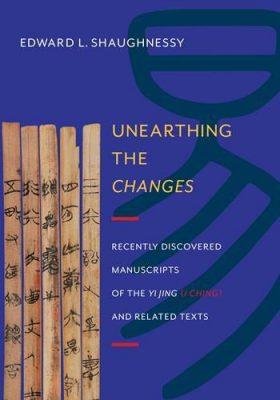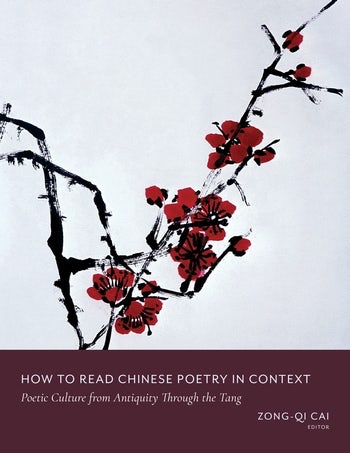Reading Twice: The Particular Pleasure of Bilingual Editions
By Syd Low
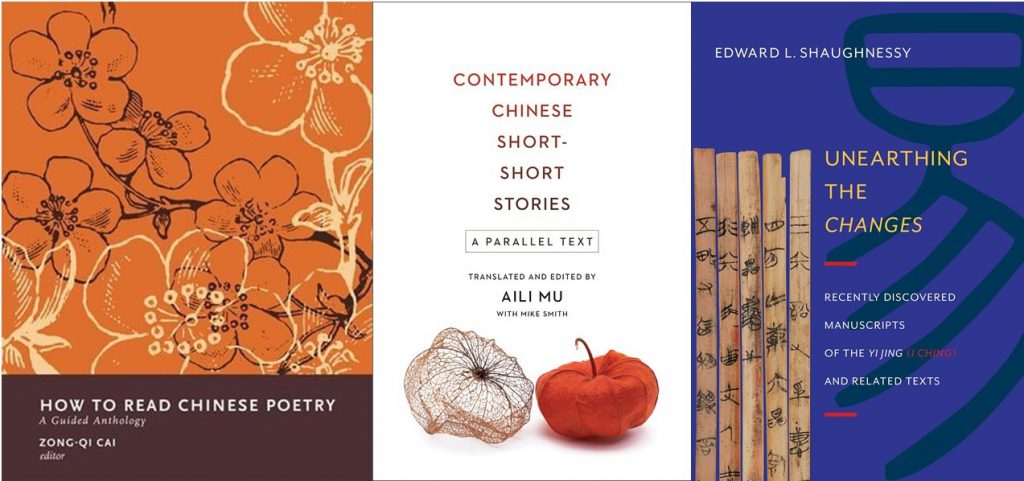
Having spent the majority of my life trying to learn one language or another, it is perhaps unsurprising I have a love of bilingual readers. I will optimistically pick them up in used book sales for languages I’m not even studying–but maybe I will! Fortunately for me, CUP publishes a variety of readers of Mandarin Chinese; a language I can actually muddle through. Whether you are just beginning your language journey or are more advanced and like to see the nuances of a translation, these books are sure to delight.
• • • • • •
1. How to Read Chinese Poetry
Edited by Zong-qi Cai
As poetry allows for creative grammar, it can sometimes pose an extra challenge to learners–and even more so when it’s in a classical literary language! Luckily this three-part series guides readers through the major genres of Classical Chinese poetry, providing the original text, pinyin romanization, literal reading, and polished translation. With the addition of historical context the poetry truly becomes alive and accessible.
While the books all complement each other they can also stand alone. If you are most interested as a Classical Chinese learner the Workbook is definitely for you. If you are more of a comparative literature reader, How To Read Chinese Poetry in Context is the one to pick up.
Poets might also enjoy the International Poetry Night in Hong Kong Series, which is bilingual as well.
2. Contemporary Chinese Short-Short Stories
Translated and edited by Aili Mu with Mike Smith
While the breadth of this book should be appealing to anyone interested in contemporary literature, the parallel text presentation additionally makes it a valuable learning tool for advanced learners. Vocabulary lists and author biographies are included as well, so it is suitable both for classroom and personal use. Organized by topics like governance, love, identity, and changes and featuring more than 25 authors, this collection is sure to reinvigorate your language learning passion.
From the Translations from the Asian Classics series
3. Unearthing the Changes
By Daniel Kane
If you are at all interested in paleography, the study of ancient writing systems and historical manuscripts, Shaughnessy’s treatment of recently excavated additions to Yi Jing scholarship is not to be missed. Unearthing the Changes: Recently Discovered Manuscripts of the Yi Jing (I Ching) and Related Texts includes images of found artifacts as well as integrates bronze script character explanations and line-by-line translations. While not intended for language learning, the curious reader will enjoy the added layer of understanding familiarity with hanzi brings.

